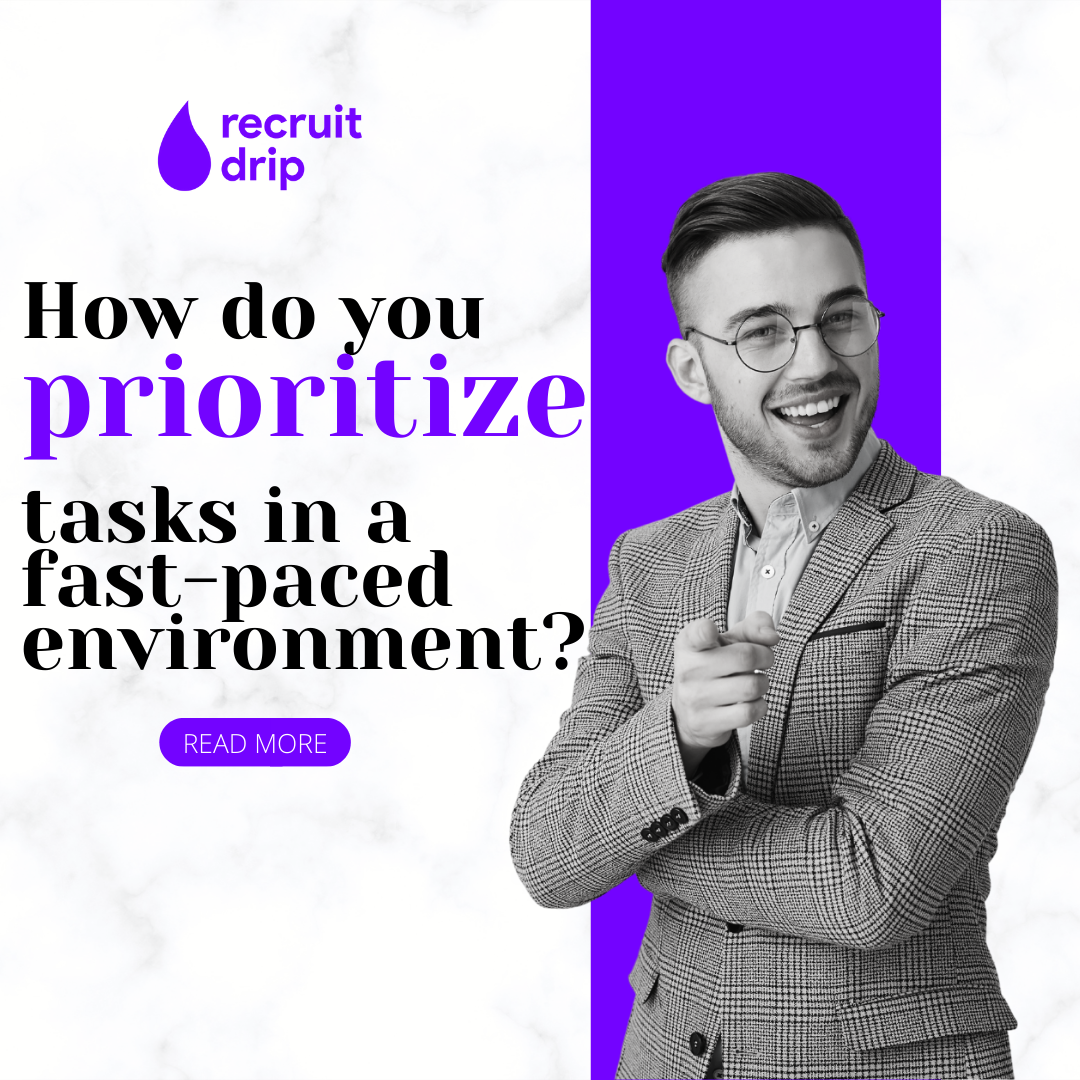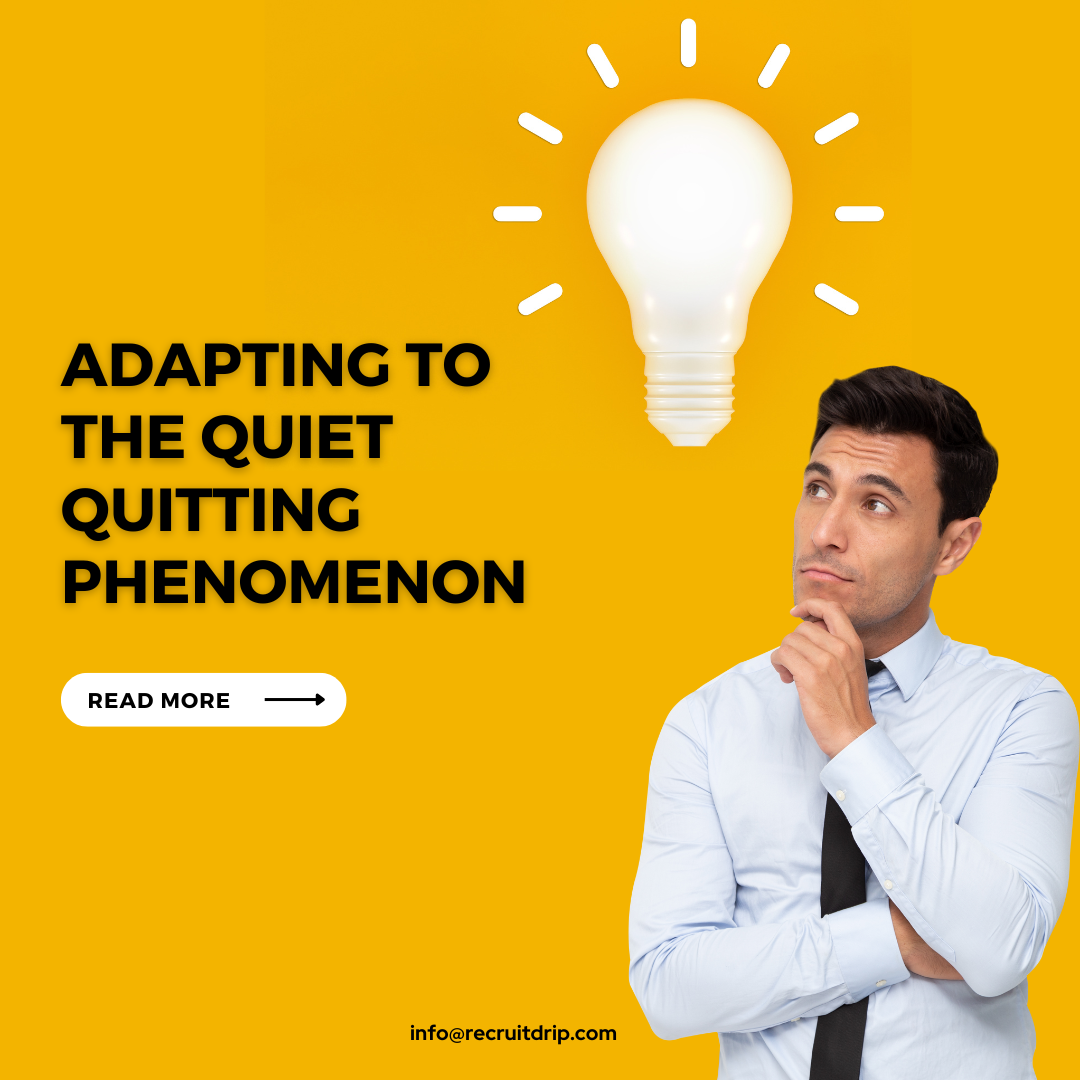The COVID-19 pandemic has significantly impacted our lives in numerous ways, including the way we work and how organizations approach recruitment. As we navigate the post-pandemic era, it is crucial to recognize the profound effects of the crisis on mental health and prioritize it in the recruitment process. This blog explores the importance of considering mental health in recruitment after COVID-19 and provides insights on how organizations can adapt their practices to create a supportive and resilient workforce.
The Impact of COVID-19 on Mental Health
The pandemic has presented unprecedented challenges that have taken a toll on mental health worldwide. Isolation, uncertainty, financial stress, and the fear of contracting the virus have contributed to increased levels of anxiety, depression, and burnout. As organizations rebuild and hire new talent, acknowledging and addressing these mental health challenges becomes paramount.
Why Mental Health Matters in the Recruitment Process
-
Empathy and Support: Candidates who have experienced the adverse effects of the pandemic may require additional support and understanding during the recruitment process. By considering their mental well-being, organizations can demonstrate empathy and foster a supportive environment right from the start.
-
Identifying Resilient Candidates: The pandemic has highlighted the importance of resilience in navigating uncertain times. Incorporating mental health assessments and discussions during the recruitment process allows organizations to identify candidates who possess the necessary resilience and coping mechanisms to thrive in challenging environments.
-
Promoting Work-Life Balance: The pandemic has blurred the boundaries between work and personal life, contributing to increased stress and burnout. By addressing mental health concerns during recruitment, organizations can promote a healthier work-life balance and create an environment that values employee well-being.
-
Adapting to Remote Work: The rise of remote work during the pandemic has brought new challenges and opportunities. Incorporating mental health considerations in the recruitment process helps organizations identify candidates who can effectively manage remote work arrangements and maintain their mental well-being in virtual environments.
Implementing Mental Health Considerations in the Recruitment Process
-
Transparent Communication: Clearly communicate your organization's commitment to mental health support. Highlight resources and policies available to employees, including employee assistance programs, flexible work arrangements, and mental health initiatives.
-
Virtual Interviews: Conduct virtual interviews to accommodate candidates' needs and minimize potential stress related to travel or in-person interactions. Provide clear instructions, test the technology beforehand, and offer flexibility if technical issues arise.
-
Mindful Interview Techniques: Train interviewers to create a supportive and non-judgmental atmosphere. Focus on assessing skills, competencies, and cultural fit while being mindful of the potential impact of the pandemic on candidates' mental health. Ask open-ended questions that allow candidates to express their experiences and coping strategies.
-
Mental Health Assessments: Consider incorporating mental health assessments into the recruitment process. These assessments can help identify candidates who may benefit from additional support or accommodations and ensure a proactive approach to mental well-being within the organization.
-
Collaborate with HR and Mental Health Professionals: Partner with human resources and mental health professionals to develop strategies that address mental health in the recruitment process. They can provide valuable insights, guidance, and support in implementing effective practices.
The COVID-19 pandemic has shed light on the importance of prioritizing mental health in all aspects of our lives, including the recruitment process. By considering the mental well-being of candidates, organizations can create a culture of support, empathy, and resilience from the very beginning of an employee's journey. Integrating mental health considerations into recruitment practices not only benefits the candidates but also contributes to the long-term success and well-being of the organization as a whole.
As we rebuild and move forward after the pandemic, let us embrace a mindful and compassionate approach to recruitment—one that values mental health and recognizes the invaluable role it plays in creating a thriving workforce.


